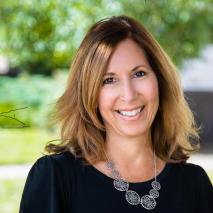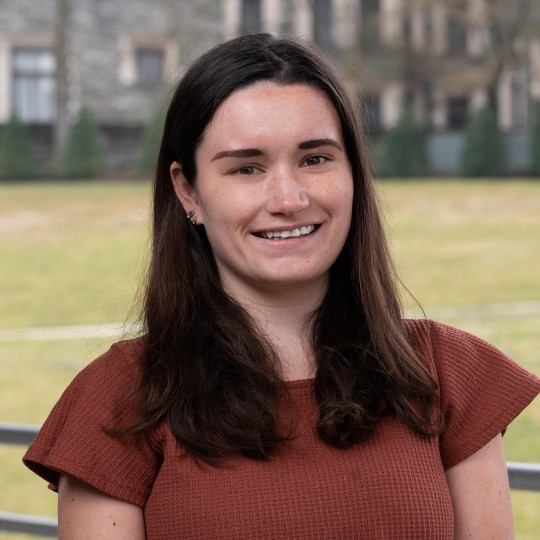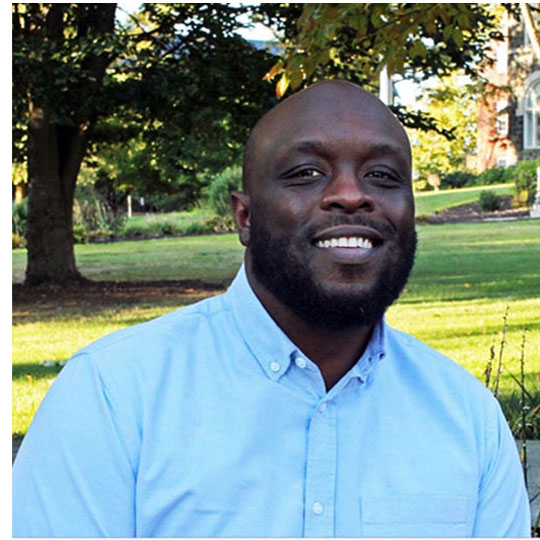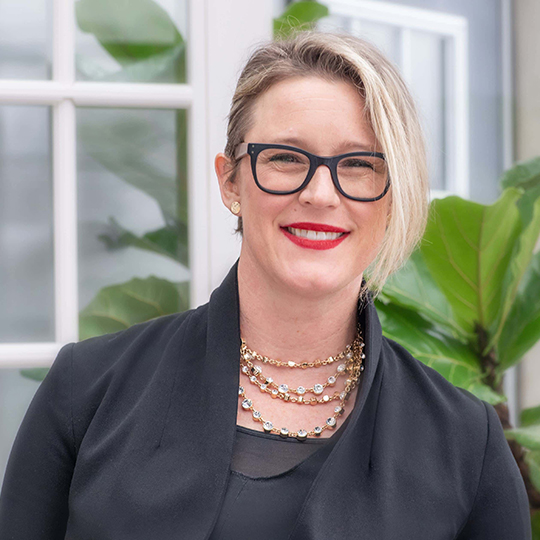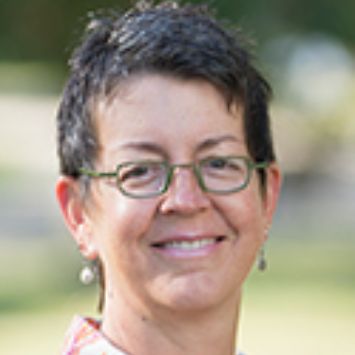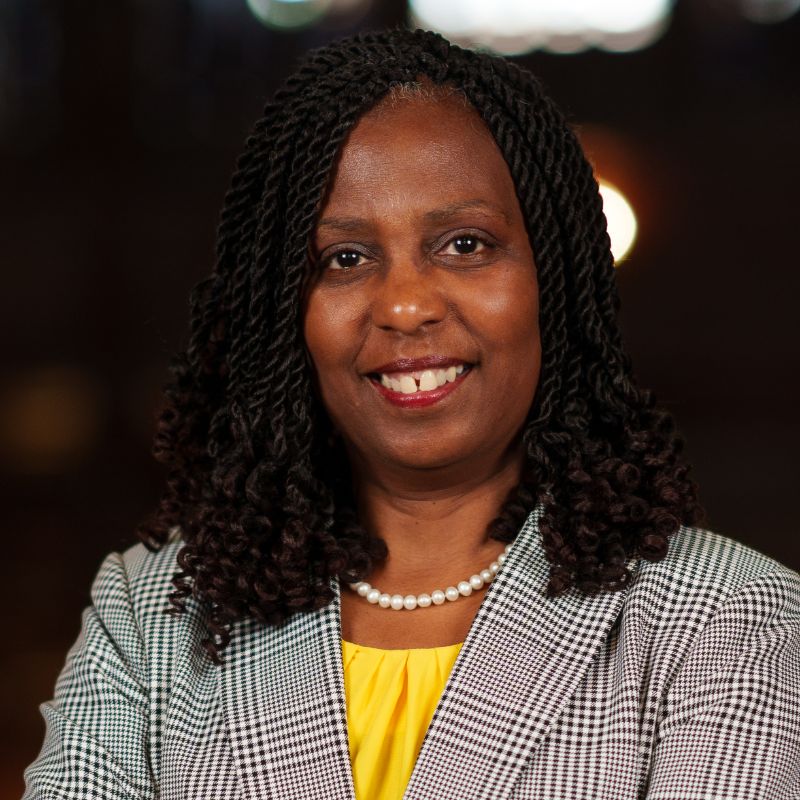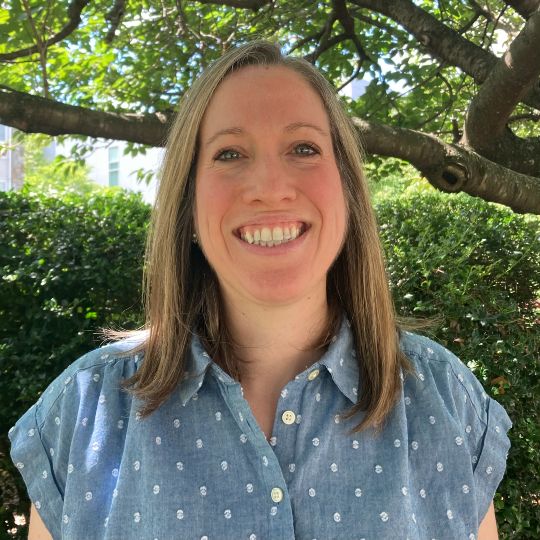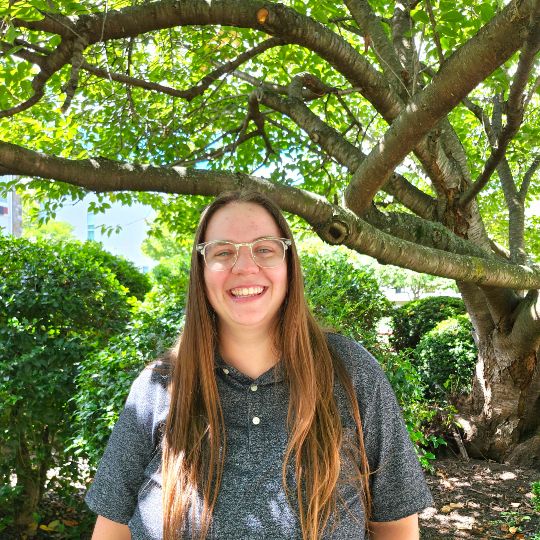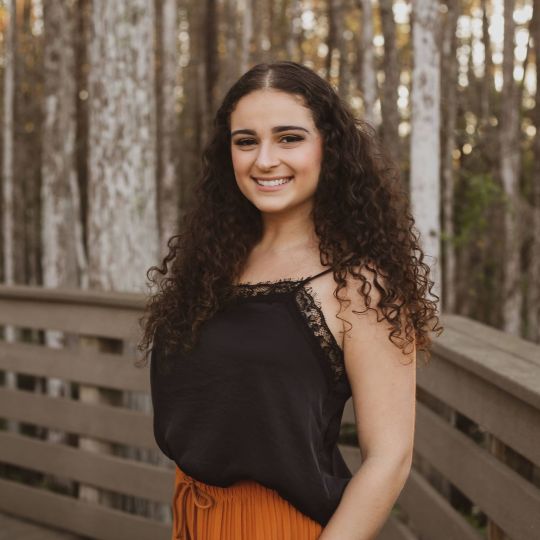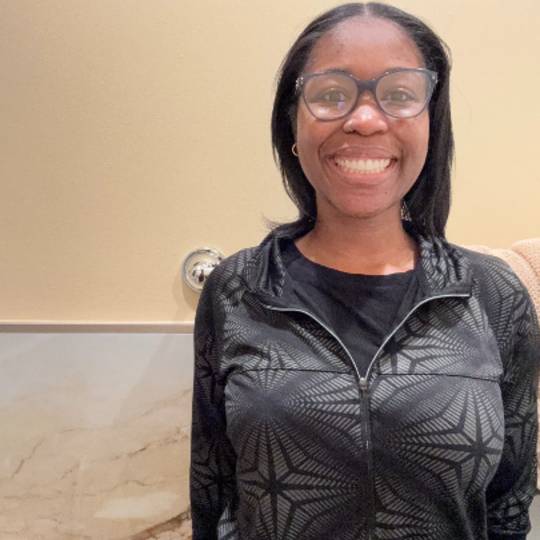Our Mission, Vision, and Our Commitment to Diversity
Mission
Counseling Services provides culturally sensitive mental health services that supports the psychological health and well-being of the diverse community of Arcadia students.
Vision
Through direct clinical services, prevention initiatives and wellness outreach and programming, Counseling Services aims to support the mental health and well-being of our students in order to foster a healthy campus community for all and to assist students towards academic and personal success. Counseling Services is also committed to the training and development of graduate students who are learning to be professionals in the counseling field.
Commitment to Diversity
Arcadia’s Counseling Services Center is committed to promoting inclusion and affirming the diverse identities of all students, staff, and faculty—including differing races, ethnicities, sexual orientations, genders, abilities, religions, political beliefs, and lived experiences.As a team, we encourage each other in the process of self-exploration around issues of diversity. We strive to take a proactive approach in engaging in difficult dialogues through continually seeking training opportunities that lead to transformational and fundamental change. We aim to support the mental health and well-being of our students in order to foster a healthy campus community for all.
Counseling services will have limited hours in the summer:
June 2nd-June 13th: Monday-Thursday 9:00 am-3:30 pm and Friday 9:00 am-12:00 pm (administrative time only)
June 16th-August 15th: Monday and Wednesday 9:00 am -3:30 pm
Get Help Now!
Mental Health Emergency During Office Hours
8:30 a.m. to 4:30 p.m., Monday through Thursday
9 a.m. to 4 p.m., Friday
215-572-2967 (Counseling Services) or 215-572-2999 (Public Safety)
All Emergencies After Office Hours and Weekends
Contact Public Safety at 215-572-2999 (x2999 from campus phone)
If you are off campus call 911.
Medical Emergency
8:30 a.m. to 4:30 p.m., Monday through Friday
Contact Student Health Services, 215-572-2966
If you are off campus, please call 911.
24/7 Telehealth and Wellness
TimelyCare provides supplemental health and wellness resources whenever and wherever you need them.
Available to all full-time graduate and undergraduate students, it significantly expands the medical and mental health coverage for Arcadia students.
Access TimelyCare here or by downloading the TimelyCare app on your mobile phone.
In the event of a mental health emergency (risk of harm to self and/or others), contact Public Safety (215-572-2999) or dial 911.
Emergency Resources and 24/7 hotlines
- Abington-Jefferson Hospital, 215-481-2525
- American Foundation for Suicide Prevention
- Crisis Text Line, 24/7 support and information, text 741741
- Montgomery County Mobile Crisis Unit -1-855-634-HOPE (4673)
- Student of Color Crisis Text Line, text STEVE to 741741
- Suicide Prevention Hotline: Call or Text 988, or Chat online
- The Trevor Project- Crisis Hotline for LGBTQ+ Youth
Supportive Groups, Self-Help & Help for Friends in Need
Additional Resources
Counseling Services Clinical Internship and Training Program
Tips on managing political anxiety and stress
Check out these Tips and Resources on managing the uncertainty!
Are you interested in having Counseling Services come to your class or program?
Counseling Services welcomes the opporutunity to visit classrooms or programs to inform students about our services and to discuss well-being and coping strategies.We suggesst 30-45 minutes of your time.
Counseling Service FAQs
What kinds of problems do students discuss with a counselor?
Any personal issue can be discussed in counseling. Typical concerns include:
- Academic adjustment issues, grades
- Relationships with family or friends
- Stress issues
- Anxiety, depression, grief and anger
- Sexual and gender identity issues
- Difficulty with alcohol, other substances or food
- Sexual, physical, and emotional abuse
- Traumatic experiences
- Personal crises
Is counseling confidential?
Counseling sessions are confidential- this means that no one can learn what happened in the session without the student's permission. In the rare instance where an individual may present a threat to harm themselves or others, counseling information may be divulged without the individual’s permission and then only to the extent necessary to protect the individual or other persons being threatened.
Is it part of my academic record?
No, it is not. Counseling Services holds these documents separately. The other members of campus cannot access them.
What can I expect when I come to see a counselor?
In your meeting with a counselor, you can expect the counselor to listen to your concerns, to help you expand your understanding of your concerns, and to assist you in identifying steps you can take to address these concerns. You can expect the counselor to take your concerns seriously and to be willing to discuss anything you want to discuss. While counselors may have different styles and approaches, each will want to work cooperatively with you to address the concerns you present.
What is the cost of the services?
Full-time Students
There is no additional fee for undergraduate students and graduate students enrolled full time at Arcadia.
Part-time Students
Part-time undergraduate and graduate students are eligible for two free visits. Any additional sessions are available at a cost of $30 per session.
Do we offer Psychiatry Services?
Yes, we offer medication evaluations, and medication managment appointments with our part-time CRNP, Joe Schatz. Student's must be refered by one of couseling service's counselors.
Evaluations are $45.00 charged to your student account,and medication managment appointments are $25.00 charged to your student account.
How will counseling help me academically?
Students report that counseling improves their ability to concentrate on their academic work. Counseling can also improve self-confidence and communication skills, both of which can have a positive impact on academic performance.
